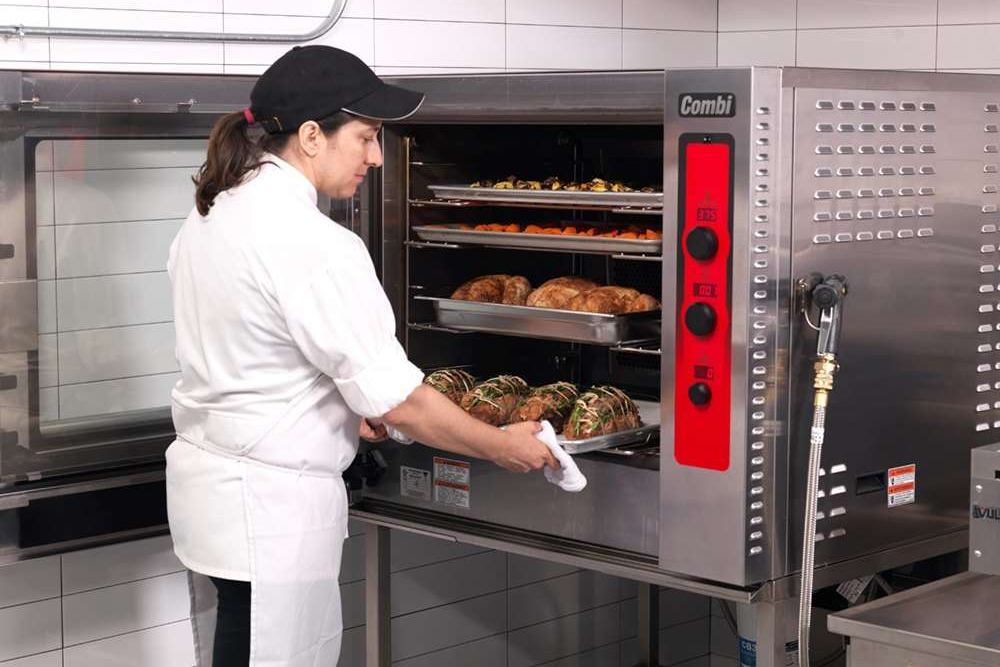8 legit ways to budget your money (even if you’re awful at budgeting)

The proof that budgeting works is clear-cut: surveys show that those who stick to budgets have a low chance of reporting financial worries or living paycheck to paycheck and are more likely to attain their financial goals. Here are the best budgeting tips to help you reach your financial destination.
Make your budget before you set your goals
You can not have a budget without a purpose. Think about why you want to save and figure out what financial situation you need to get there. Whatever your objectives are, know that any sound financial foundation begins with an emergency fund. You may want to pay off debt, save money for a down payment on a home, or increase your savings.
Determine where you want to be financially next year and the year after. Understanding what you want to do with your money will help you make your budget, and it will significantly increase the possibility that you will stick to it.
Look for a plan that works for you
There are so many budget strategies out there, and every pro says theirs is the best. However, ultimately you have to select the one that works for you. A zero-based budget is ideal if you have got an ambitious goal.
To make a zero-based budget, begin by prioritizing your spending from essential to nonessential. Then assign each dollar in your paycheck a job on the list till you run out. Essential things – food, housing, minimum debt payments should be taken care of first, and you can disburse the remaining money for your objectives and fun in the order of their importance to you.
If you do not want to think hard about your planning, use 50/20/30. With this method, you just allocate fifty-percent of your income to your needs, twenty percent to savings, and thirty percent to savings.
Use your past patterns to predict your future income and expenses
Whether you opt for a zero-based budget, 50/20/30 budget, or some other type, you will have to calculate your income and the amount of money you want to spend on every expense or category.
Salaried employees will find it easy to calculate their incomes. If you have a side hustle or a variable income, you will have to do some extra digging.
Review your income from the past six months, or as far back as you can if you have been at your current job for less time. Then get the average monthly income and the standard amount of each paycheck.
Expenses such as utilities can be unpredictable. Check your online statements to check which months were higher versus which were lower so you can make future budgets.
You need to spend less
After planning, strive to stick to your plan. If you are spending more than you make, your priority is to find ways to save money. This means buying and spending less. Here are ways to cut your spending:
- Do running and body-weight workouts rather than paying for a gym membership
- Opt for free events in your area rather than bars or pricy activities
- Prep meals on Sundays so that you are less likely to eat out during the week
- Develop a meal plan, and stick to your grocery list
There are numerous ways to save money. But the best approach is to start by slashing expenses that are making a big dent in your budget rather than cutting pennies, which are already manageable.
Do everything you can to withstand the temptation to make impulse buying or spend beyond your budget. An easy method to do this is to leave your credit card at home and use cash envelopes or a debit card.
Remember that things will change and go wrong
Student loans and credit are not paid off in a day. And the perfect budget is not made overnight.
Things will change and go wrong. Budgets will get altered by life’s surprises, and impulse purchases will be made. The most crucial tip for budgeting is not to give up. When things go wrong, change your budget to compensate. Move money from one section to another, try side hustle, or put less in savings. And remember that sometimes you will find yourself ripping up the whole budget and beginning again from scratch.
You will get this whole budget thing right eventually, but it is going, beginning with many bumps in the road.
Have an income-sinking backup for when your income is less
When you calculate your income and find your monthly average, compare it with your income every month all through the year. In months you anticipate to make more than average, take the difference and transfer it to your income-sinking fund. It is a separate account where you put the money you intend to take out in the near future for a particular purpose, like supplementing your income in low-earning months.
In the months you expect to make less, you can withdraw up to your monthly average to assist with expenses.
If you are budgeting with a partner, hold monthly budgeting meeting
The first budgeting tip for when you are budgeting with a partner is to have a monthly meeting. Both of you are required to attend the meeting. Whoever is passionate about budgeting more can make the budget; however, the other partner still has to contribute something. Whether they change one line or many, both partners must contribute.
The budget may still be flexible and change as needed during the month; however, both partners should be consulted about significant changes. Feeling included is essential to working as a team on your financial goals.
Assess results and adjust accordingly
Being able to deal with your income and expenses can be empowering and humbling at the same time.
You might realize that you are in a better position to save than you had expected and that you can reach that long-term goal of a new car or home with the right plan and discipline. Or you might just realize that too much of your money is going toward variable expenses such as expensive meals, shows, and clothes that you can comfortably live without. Providing the kick-start, it is essential to cut your spending to build up for retirement or a rainy day fund. And you realize that you have been living beyond your means, you now have the best tips to make the right choices and mend that crumbling foundation.
Here are some more bonus budgeting tips:
- Do not confuse luxuries with necessities. For instance, eating is a necessity, but eating at a five-star restaurant is a luxury. If you have to cut expenses, pare back on the luxuries.
- Restrain yourself. Simply because you earn a raise does not mean you have to find ways to spend the money. Consider contributing more to a workplace 401(k) or saving part of it.
- Watch the small things. If you often spend time in coffee shops, add up what you spend monthly. The sum of all those $4 might surprise you. So you can try drinking water, or just work at home and make your coffee.
- Use cash. Debit cards and credit cards are great conveniences; however, they are also easy to overuse. When you spend cash or even write checks, enter them in a register to see what you are doing with your money more accurately. Lastly, using cash is not an excuse to visit an ATM when you get the urge to spend. Use your budget to set limits and keep receipts to monitor your progress.
- Manage your debt. If you have an increasing unpaid balance on your credit cards, ensure that part of your budget is making that balance zero.
- Consider debt consolidation programs that reduce your interest rate and your monthly payment if your debt is out of control.











